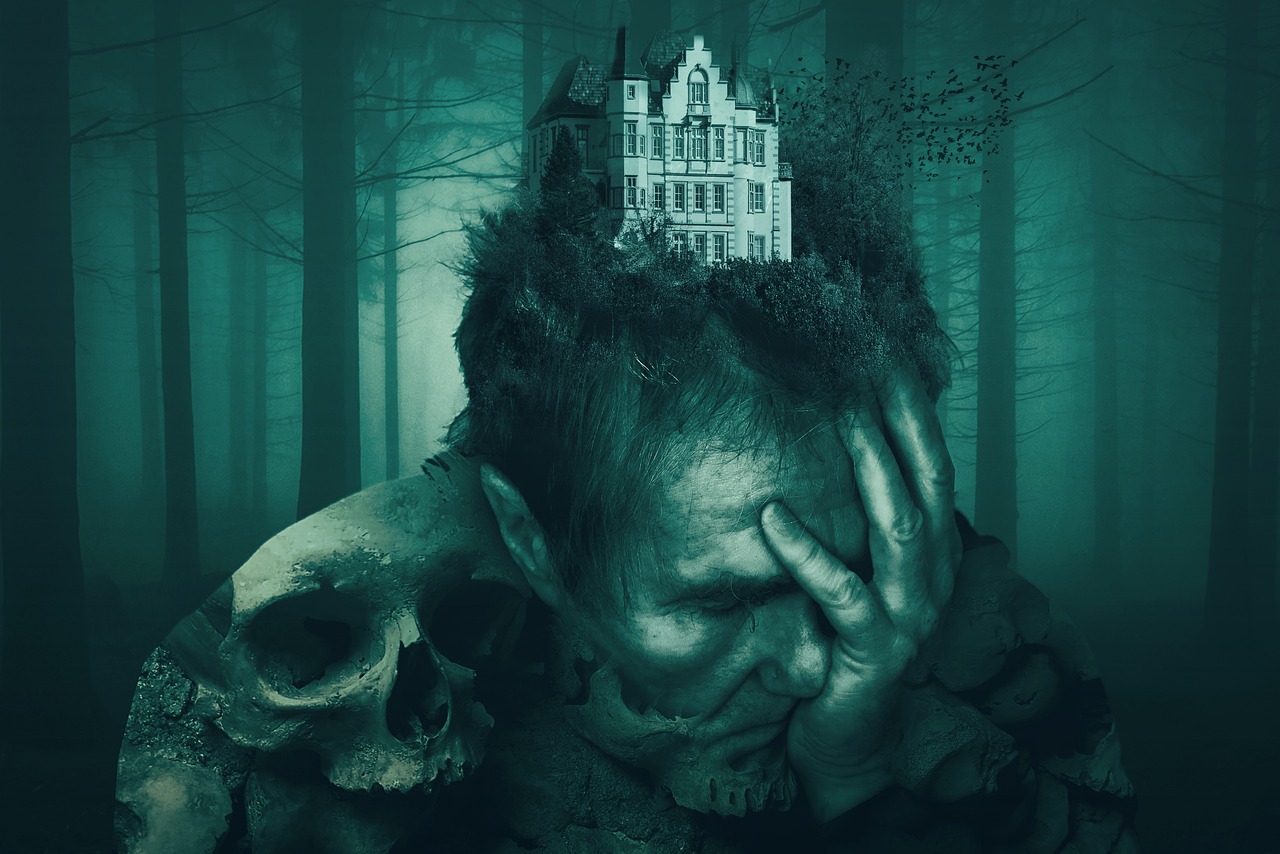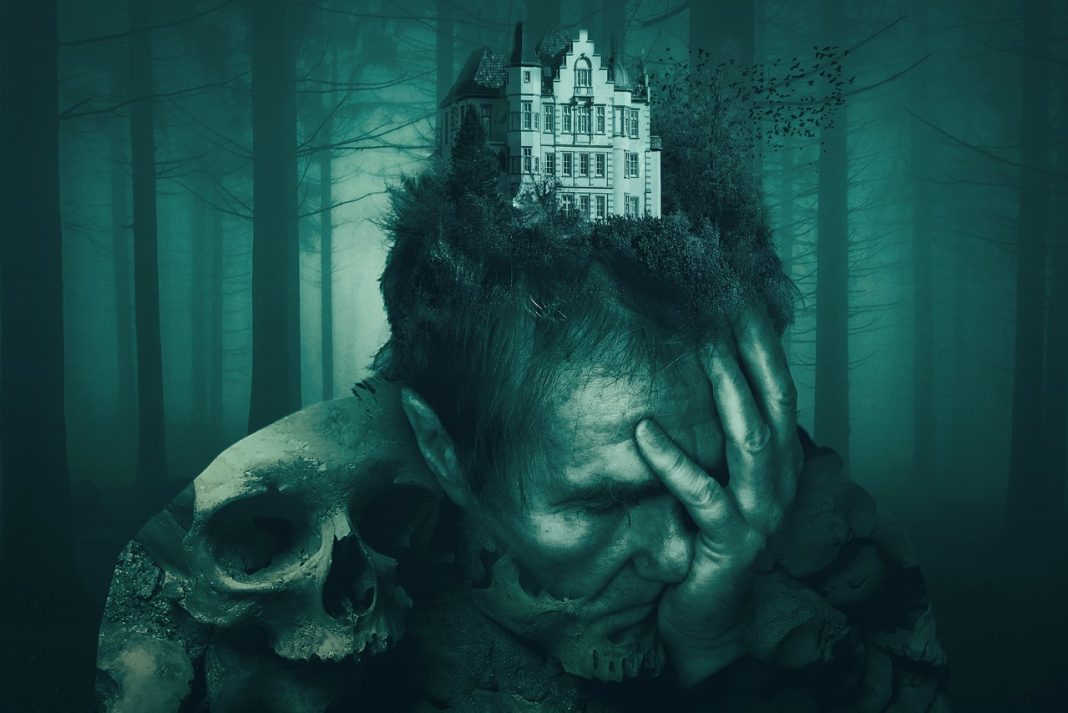
Childhood trauma can have a profound impact on an individual’s mental health, both in the short and long term. While some may be able to overcome the effects of traumatic experiences, others may continue to struggle with the aftermath for years to come. In this article, we will explore the lasting effects of childhood trauma on mental health, including the potential for conditions such as depression, anxiety, and post-traumatic stress disorder (PTSD). We will also examine the importance of seeking professional help and support in managing the effects of childhood trauma.
1. Childhood Trauma and Its Impact on Mental Health: An Overview
Childhood trauma can have a significant impact on an individual’s mental health. Trauma can be defined as any event or experience that overwhelms an individual’s ability to cope or feel safe. Childhood trauma can take many forms, including physical, sexual, or emotional abuse, neglect, or witnessing violence. The impact of childhood trauma can be long-lasting and may lead to a range of mental health issues, including anxiety, depression, post-traumatic stress disorder (PTSD), and substance abuse.
Research has shown that childhood trauma can also have physical health consequences, including an increased risk of chronic health conditions such as heart disease, diabetes, and autoimmune disorders. It can also impact an individual’s ability to form healthy relationships and may lead to difficulties in regulating emotions and behavior. It is important to note that not all individuals who experience childhood trauma will develop mental health issues, but it is essential to recognize the potential impact and provide appropriate support and resources for those who may be struggling.
2. Understanding the Lasting Effects of Childhood Trauma on Mental Health
Childhood trauma is a distressing event that a child experiences before the age of 18. It can be physical, emotional, or sexual abuse, neglect, or witnessing domestic violence. Childhood trauma can have long-lasting effects on mental health, including anxiety, depression, post-traumatic stress disorder (PTSD), and substance abuse.
Research shows that childhood trauma can alter the brain’s development, leading to changes in the brain’s structure and function. These changes can affect cognitive, emotional, and social functioning, making it difficult for individuals to regulate their emotions and behavior. Childhood trauma can also affect the body’s stress response system, leading to chronic health conditions such as heart disease, diabetes, and autoimmune disorders.
- Effects of Childhood Trauma on Mental Health:
- Anxiety
- Depression
- Post-traumatic stress disorder (PTSD)
- Substance abuse
- Effects of Childhood Trauma on Brain Development:
- Changes in brain structure and function
- Difficulty regulating emotions and behavior
- Impaired cognitive, emotional, and social functioning
- Effects of Childhood Trauma on Physical Health:
- Chronic health conditions such as heart disease, diabetes, and autoimmune disorders
- Impaired stress response system
3. Coping with Childhood Trauma: Strategies for Promoting Mental Wellness
Strategies for Promoting Mental Wellness after Childhood Trauma
Childhood trauma can have a long-lasting impact on mental and physical health. However, there are strategies that can help individuals cope with the effects of trauma and promote mental wellness.
- Seek professional help: A mental health professional can provide support and guidance in coping with childhood trauma. Therapy can help individuals process their experiences, develop coping skills, and improve their overall mental health.
- Practice self-care: Engaging in activities that promote self-care, such as exercise, meditation, or hobbies, can help individuals manage stress and improve their overall wellbeing.
- Build a support network: Connecting with supportive friends and family members can provide a sense of community and help individuals feel less isolated. Support groups can also be a helpful resource for those who have experienced childhood trauma.
It’s important to remember that healing from childhood trauma is a process and may take time. However, with the right support and strategies, individuals can work towards promoting their mental wellness and improving their quality of life.
In conclusion, the lasting effects of childhood trauma on mental health are significant and cannot be ignored. It is crucial for individuals who have experienced childhood trauma to seek professional help and support to manage their symptoms and improve their overall well-being. With proper treatment and care, it is possible to overcome the negative impact of childhood trauma and lead a fulfilling life. It is also essential for society to recognize the importance of addressing childhood trauma and providing resources to those in need. By working together, we can create a safer and healthier environment for all individuals to thrive in.








